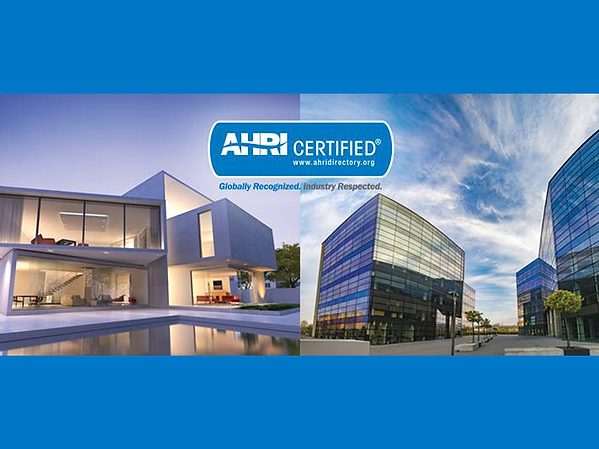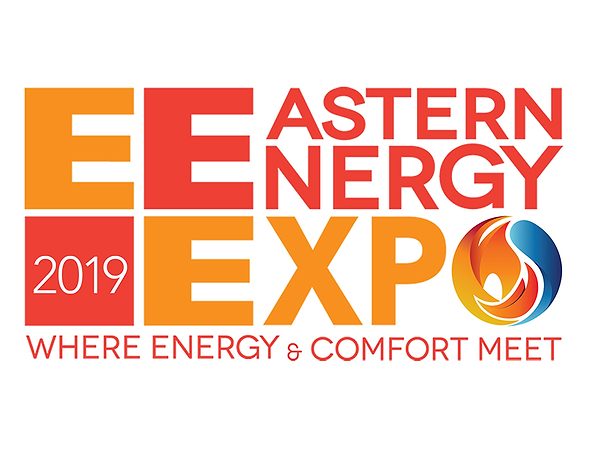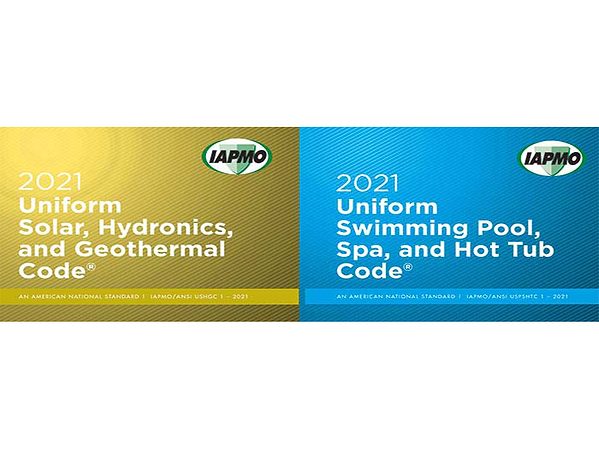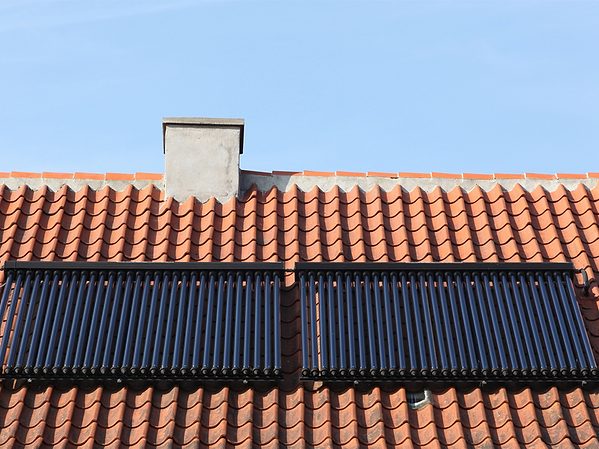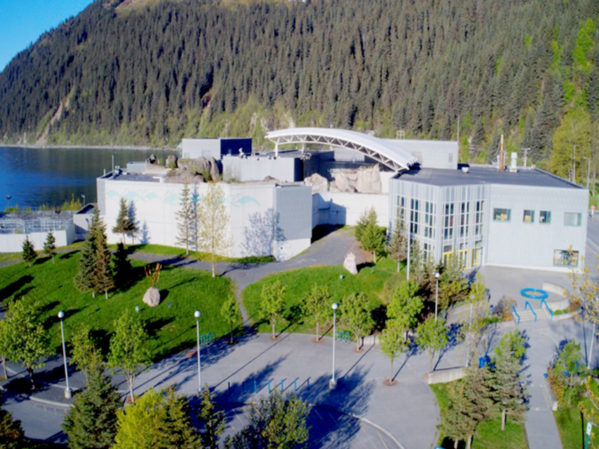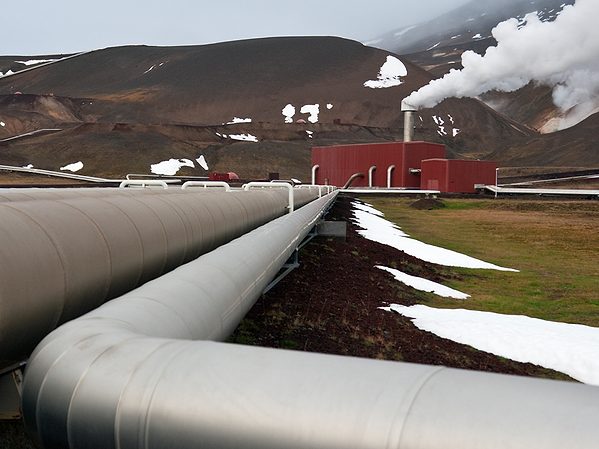Alternative Energy
Alternative Energy
Bringing Green Out of The Ground
Will the parks of the future be vertical?
Read More
Solar Solutions
Closed-Loop Solar Glycol: The Art of Fill and Purge
Follow procedures to ensure the system is configured correctly.
Read More
The Future is Now
R-744 in Ultra-Cold Climates
Seward, Alaska, is at the forefront of large-scale trans-critical heat pump systems using C02 refrigerant.
Read More
Code Classroom
Texas Plumbing Board Gets Extension, Senate Takes on Forever Chemicals
An executive order extends the Texas State Board of Plumbing Examiners and the plumbing licensing law until 2021.
Read More
